Nigeria and Niger Republic are targeting to produce between 100,000 and 150,000 barrels of crude oil per day in the new agreement to build a hydro carbon and pipeline refinery in Katsina State.
President Muhammadu Buhari of Nigeria and President, Muhamamdou Issoufou of the Republic of Niger witnessed the signing of the agreement at the New Banquet hall of the Presidential Villa, Abuja
” It is my expectation that the when these projects are eventually actualized, their contribution to both Nations will be significant and the deliverables in revenue and otherwise will further enhance the benefits arising from the sector, said Minister of State for Petroleum, Ibe Kachikwu, at the event.
The refinery to be built in Mashi Town of Katsina, according to Ibrahim Talba of Blakoil Energy Refienery, one of those spearheading the first 100 percent private driven Refinery in the north of Nigeria, is worth $2 billion (over N700 billion) and is projected to generate over 2,500 direct jobs and over 10,000 indirect jobs in the country.
The initial capacity expected is 50,000 barrels per day before scaling up to 100,000 and then 150,000 with the crude coming from Niger Republic.
The duration for completion of the modular refinery project is put at between three to four years.
The Minister of State for Petroleum, Ibe Kachikwu and Nigerien Minister of Energy and Oil, Faomakoye Gado, signed the agreement.
The refinery which will be the sixth after those of Warri, Kaduna, two in Port Harcourt and the Dangote Petrochemical and refinery, will be private sector driven with the full support of the governments of both countries, according to President Buhari.
He gave December, 2018 deadline for the submission of the technical details of the project.
The project regarded as mutually beneficial to both countries, will see thconstruction of pipe line that will supply crude oil from the Republic of Niger to the new refinery.
The project is also expected to foster the development of small and medium scale industries through backward and forward linkages
It will also help to reduce carnage and deterioration on Nigeria roads with the less movement of petroleum products from the existing Nigeria refineries to the far northern parts of the country.
It is also geared towards promoting self sufficiency in domestic production of refined petroleum products and distribution, as well as generate employment opportunities for citizens of both countries.
The project is also expected to engender strong socio economic development of the rural areas, especially where the refinery will be located as more social amenities are expected to spring up in the area.
President Buhari who assured of Nigeria commitment to pursue the partnership with vigour and determination, added, “Nigeria and Niger have excellent relations for several decades, as neighbours sharing a long border with common cultural and historical ties.
“Nigeria sees this cooperation on crude oil export from the Republic of Niger and construction of refinery facilities in Katsina State as a “win – win” for both nations.
“The initiative will not only provide a reliable market for the stranded crude from the Niger Republic but will also provide petroleum products for Nigeria, as it aggressively pursues its aspiration on petroleum product self-sufficiency.
“In addition, it is my hope that the current frontier exploration efforts in the Northern part of the country (Chad Basin, Gongola Basin, Sokoto Basin, Bida Basin and Benue trough) will also result in the provision of additional hydrocarbon inflow to the corridors of the proposed pipeline and a potential refinery around Kaduna axis.
“I am happy that several productive engagements held between the Nigerian and Nigerien authorities have resulted in the positive agreements to progress with activities on this important project.”
A Steering Committee chaired by the Nigerian Minister of State for Petroleum Resources and the alternate chairman, the Nigerien Minister of Petroleum, will provide strategic leadership, direction and governance oversight for the project.
Also a Senior level Joint Technical Team set to develop the implementation roadmap and strategy on both the refinery and pipeline projects, is led by Nigeria’s Engineer Rabiu Suleiman supported by the DG Hydrocarbon of Niger Republic.
Buhari added, “It is my expectation that by December 2018, this group will come up with a detailed roadmap and guideline leading to actual execution of the projects.
“The detailed roadmap should cover the following: Bankable feasibility studies for both the Refinery and pipeline projects; Optimal project site, pipeline routes and details; Security plan and Selected consortia of investors for both the refinery and pipeline projects.”
The Nigerien President, Mahamadou Issoufou, said the signing constitutes an important step which will be mutually beneficial to both countries.
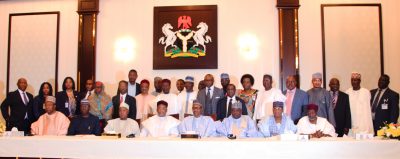
He said both countries want to work together to extend their economies, adding that Africa will not be develop unless it is strengthen.
He said, “We need to expand power and integration. This MOU is important for us to strengthen cooperation between our two countries.
“We are working as pioneer to develop our value chain. Nigeria is the natural leader of integration process.
“We have decided to put two strategic technical committee in order to achieve the objectives of the projects.In the next few years, our two cooperation will be celebration the export of oil from Niger to Nigeria.”
Kachukwu in his remarks said, already several expressions of interest (EOI) from prospective investors have been received.
A quick summary of general benefits to be derived from these projects by both countries are enormous and include the following
- Improved economic activities and bilateral relations between Nigeria and Republic of Niger.
- Generation of more employment for the citizens.
- Petroleum Product availability in Nigeria/Niger on structured legal framework.
- Less carnage on our roads and deterioration (damage) to the road infrastructure.
- Foster the development of small and medium scale industries through backward and forward linkages.
- Socio economic development of the rural areas through provision of social amenities by the refinery developments.
- Fostering of downstream value chain business opportunities.











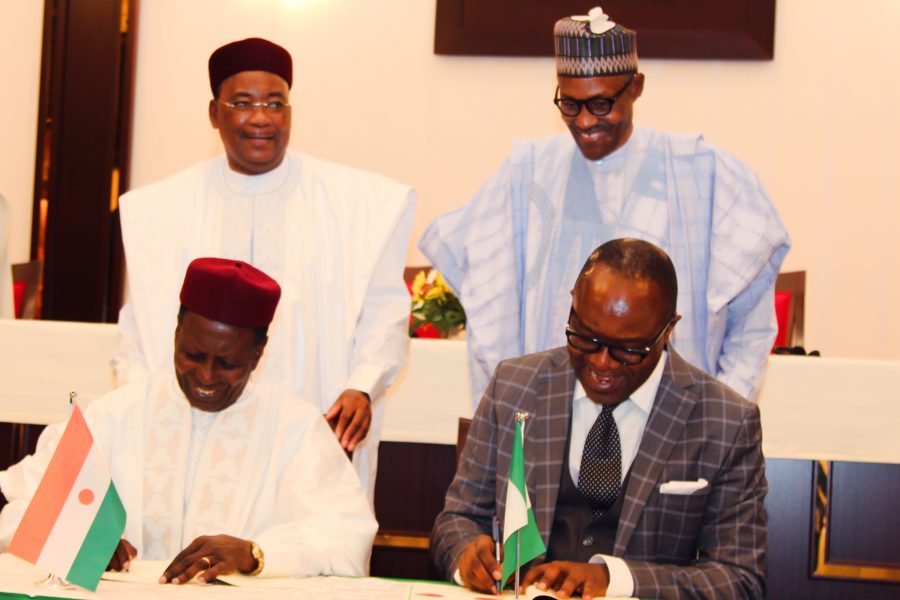







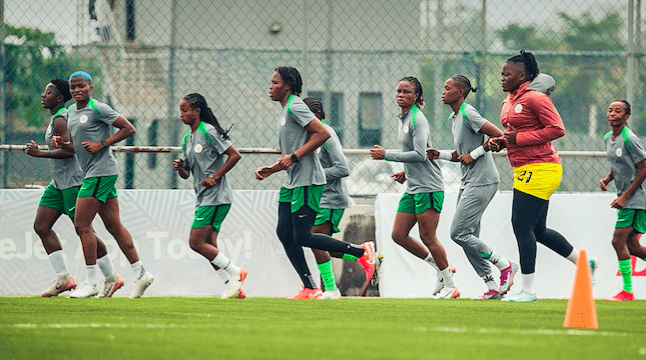
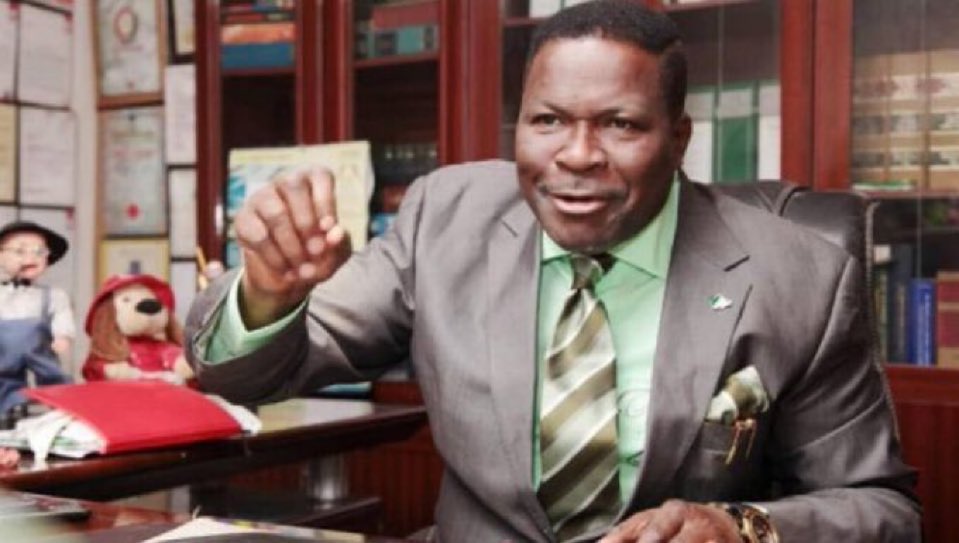
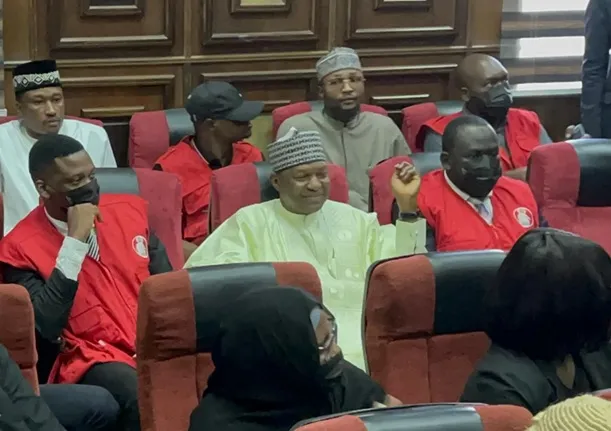
Leave a comment